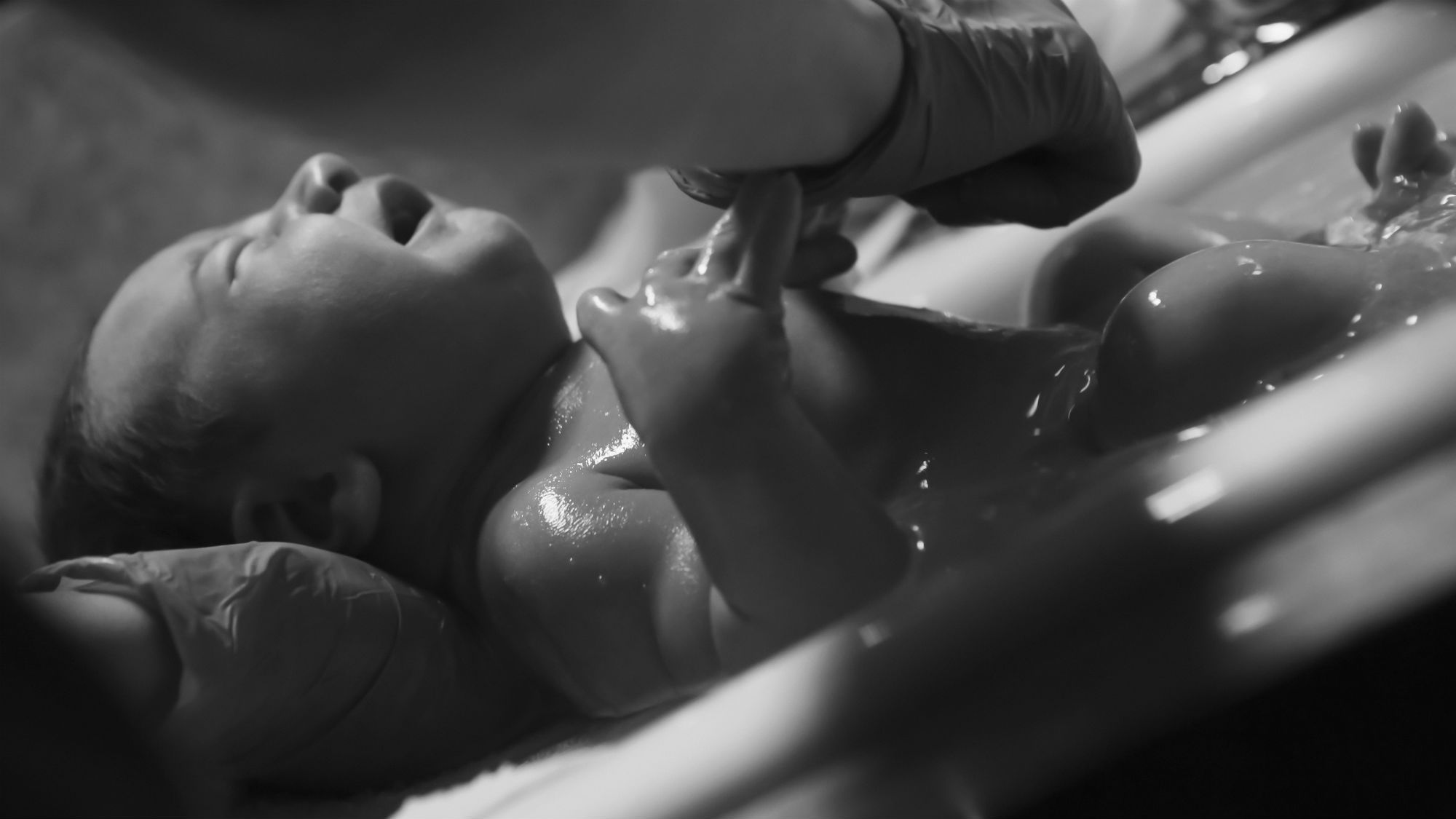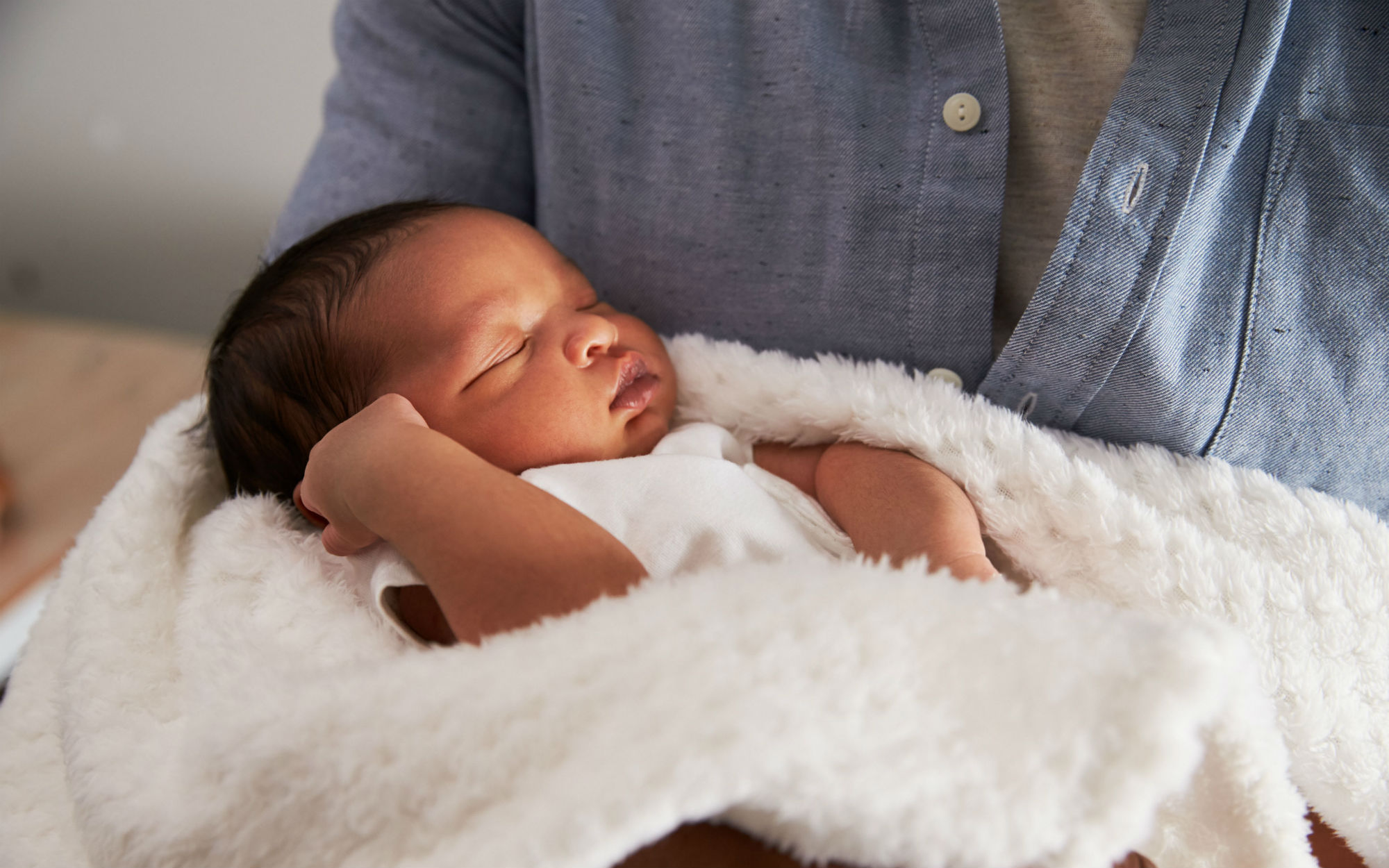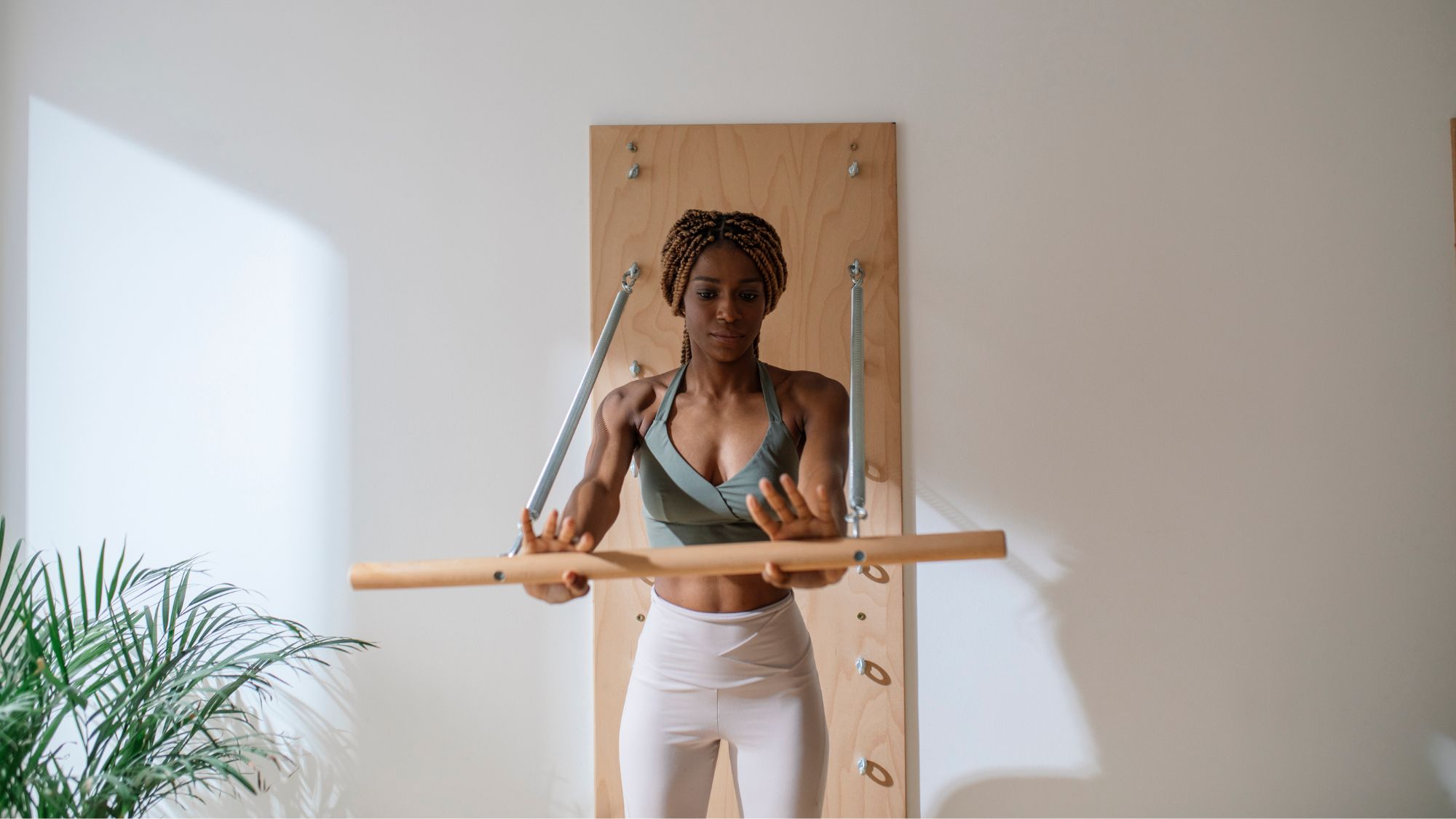‘People are blissfully unaware of the implications of having a premature baby’
Every year around the world, 15 million babies are born prematurely


Every year around the world, 15 million babies are born prematurely
One million of those won't reach their first birthday. The rest may suffer from life-long health issues.
Premature birth is the leading cause of death and disability in children under the age of 5 worldwide. In the UK, this affects 60,000 births every year - that's enough to fill 280 primary schools. It's a little known statistic, that nobody tells you before having a baby. The majority of mothers will have no idea that they are at risk of having a premature baby until it is too late.
On World Prematurity Day, UK charity Borne is raising awareness of the difficulties surrounding preterm birth, in the hope of boosting funds for increased research into this relatively overlooked sector of medicine. But how do you define a premature baby, and how high are the risks to women and newborns in the UK?
What is classed as a premature baby?
A regular full-term pregnancy lasts for 40 weeks (although in reality very few babies are born on their exact due date) calculated from the first day of the mother's last period. Premature babies are born before 37 weeks.
The World Health Organisation classifies premature babies under the following categories:
• extremely preterm - before 28 weeks
Marie Claire Newsletter
Celebrity news, beauty, fashion advice, and fascinating features, delivered straight to your inbox!
• very preterm - from 28 to 32 weeks
• moderate to late preterm - from 32 to 37 weeks.
The earliest preterm baby to have survived into adulthood was born 128 days prematurely (at 21 weeks and fives days), in 1978 in Canada. Even today, this would still be considered a miracle - despite advances in technology, the odds of survival for babies born at 22 weeks are close to zero.

What factors affect the survival of a premature baby?
Simply put, the longer a baby stays inside the womb, the better its chances of survival. Even just one extra week can make a huge difference. Statistically, babies born at 32 weeks are almost as likely (over 95%) to survive as a full-term baby. This is because a foetus will gain between a third to half of its birth weight after 32 weeks, growing from, on average, 4lb at 32 weeks to about 8lb at full term, meaning that size matters when it comes to survival. Interestingly, baby girls are more likely to survive than baby boys, as are single births compared to multiples (twins and triplets). It is more common for twins and triplets to be born prematurely (the average delivery date for twins being 37 weeks, and 33 weeks for triplets).
According to preterm baby charity Tommy's, survival statistics for preterm babies are:
- Under 22 weeks - close to zero
- 23 weeks - 19%
- 24 weeks - 40%
- 25 weeks - 66%
- 26 weeks - 77%
- 27 weeks - 87%
- 28 weeks - 92%
- 29 weeks - 95%
What are the risks associated with having a premature baby?
According to Borne, 75 % of childhood disabilities with lifelong implications are associated with premature birth. This could be anything from hearing and sight loss, to respiratory problems and learning difficulties. Other health risks listed by the Quint Boenker Preemie Survival Foundation include:
- Breathing problems because of underdeveloped lungs
- Underdeveloped organs or organ systems
- Greater risk for life-threatening infections
- Greater risk for a serious lung condition
- Greater risk for cerebral palsy
What are the signs of a preterm labour?
The signs of preterm labour tend to be (unhelpfully) indistinguishable from a full-term labour: contractions, sudden breaking of the waters, and what is known in medical circles as a 'show' (this is when - *TMI alert* - the plug of mucus that seals the cervix during pregnancy comes away and out of the vagina).
The NHS stress that if you have any reason to think that your labour may be starting early, to contact your hospital straight away. You should be admitted to a hospital with a neonatal unit that is specially equipped to deal with a premature baby.
Having a preterm baby: 'I was absolutely terrified'

Caro Greenwood, wife of former England Rugby star Will Greenwood, lost her first born son Freddie after he was born prematurely at 21 weeks, and lived for just under one hour. She later discovered that she has a genetic condition which causes unavoidable premature birth. Caro shared her experience with Marie Claire and spoke about why it's so important to address this issue:
'When we decided to try for a baby, it happened immediately, so we were delighted. But when you are pregnant with your first child, you don’t know what’s normal and what’s not. On a visit to my mother in Norfolk, I woke in the middle of the night to discover that my waters had broken. Our son Freddie was born six months into my pregnancy, too underdeveloped to survive. He lived in my arms for only 45 minutes. We now know the doctors made the terrible mistake of using a speculum to see what the initial problem was - my feeling is that this ruptured the amniotic sac fully, but the truth is we will never know.
When I became pregnant for the second time, I felt absolutely terrified. I bought nothing and told no-one. Getting rid of and putting everything away that we had bought for Freddie was one of the hardest parts of my previous pregnancy, so I was keen to protect myself from going through that again.
It quickly became clear that something was wrong. Professor Mark Johnson, the founder of Borne, (whom I had met while in hospital pregnant with Freddie) was looking after me. He was scanning my cervix every week and at 15 weeks it started to open. At 20 weeks, I went into labour so Professor Johnson performed an emergency suture, sealing what cervix had remained together.
It wasn't until I had reached the 30-week mark that I started to get excited. I was exceptionally lucky to go on to 36 weeks (nearly 2 months of that was spent in hospital) and my son Archie was born in January 2004 happy and healthy. After both of these pregnancies I was diagnosed with an incompetent cervix.
'When I became pregnant for the second time, I bought nothing and told no-one'
Many people are blissfully unaware of the horrific implications of premature birth. It isn’t just about survival, it’s a much bigger problem. Premature birth is responsible for more years of disability than a stroke, heart disease, and any other chronic condition. Many that do survive will battle cerebral palsy, autism, asthma, deafness, blindness, developmental delay and learning difficulties. A massive 85% of preterm birth happens to people who have no idea that they are at risk of delivering early. We are still way behind where we should be considering the implications of premature birth; only £12 million is spent annually on pre-term birth research, compared to £16-18 billion on other areas such as cancer and heart disease. Imagine being able to prevent this suffering by supporting research to advance our knowledge of what causes preterm birth.
Professor Mark Johnson is the reason that Archie is a living and breathing human being. If it weren’t for him, Archie would not be here. When Mark asked if we would like to become patrons for Borne, we didn't hesitate - when the man that saved the life of your child contacts you for a favour, you don’t say no! My husband and I have walked Kilimanjaro to raise money for Borne, and my husband is also walking in the Arctic next year for Borne. The pioneering research that Borne is doing into preterm birth could potentially save millions of lives.
To any new mums out there, I would say, knowledge is power. Read, read then read some more on everything you possibly can. Go onto the Borne website, as there is a lot of very useful information there. Get help, get support. Don’t do this by yourself. Find out what gestational age the doctors think your baby will be born. Beyond 30 weeks, you and your baby should be fine, 32 you’re virtually home and dry.
If you have no reason to suspect you will have a premature baby, enjoy your pregnancy as much as you can, go to the movies and sleep whenever you get the opportunity - two things as a parent you won’t do for years!'
To donate to Borne visit their website at borne.org.uk
-
 Stop what you're doing: these are, hands down, the best wall Pilates workouts for the core, according to top instructors
Stop what you're doing: these are, hands down, the best wall Pilates workouts for the core, according to top instructorsRigs at the ready.
By Katie Sims
-
 9 elegant mother of the bride outfits that will work for any wedding setting
9 elegant mother of the bride outfits that will work for any wedding settingChic suits and floral frocks, included
By Lauren Cunningham
-
 “I regret…him” — Brides reveal their biggest Wedding Day regrets
“I regret…him” — Brides reveal their biggest Wedding Day regretsEverything 7 brides wish they knew before their big day
By Mischa Anouk Smith